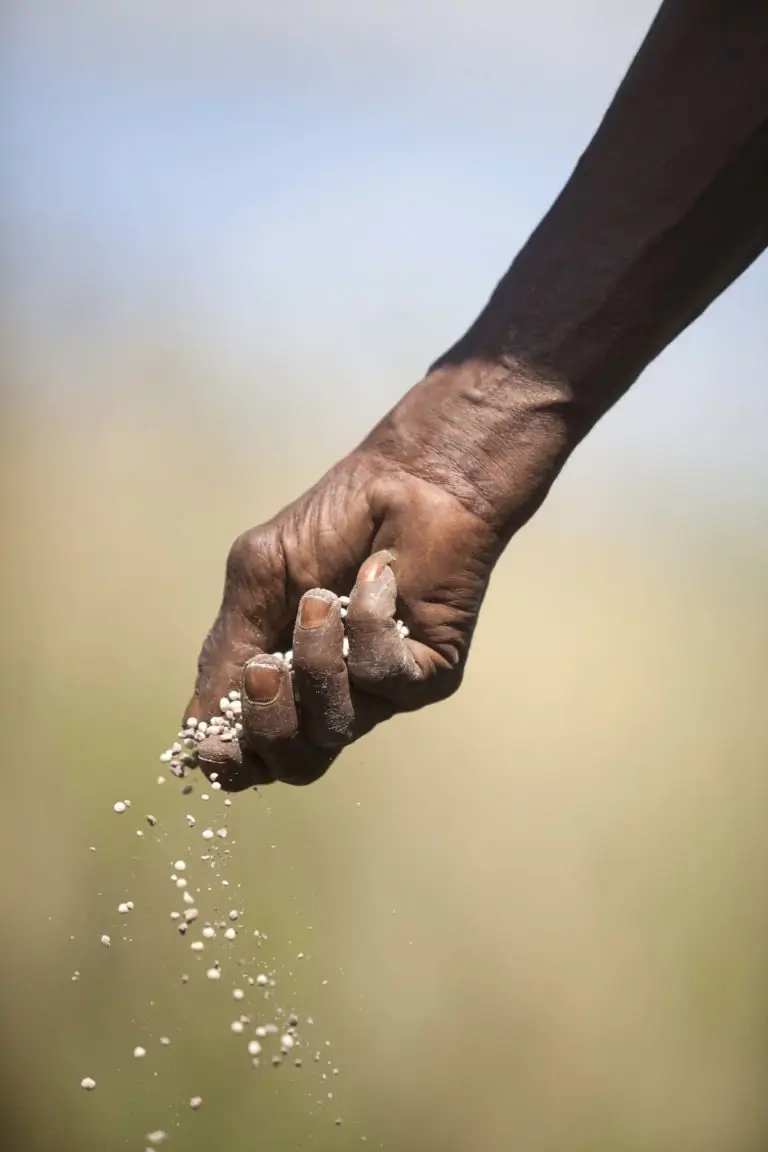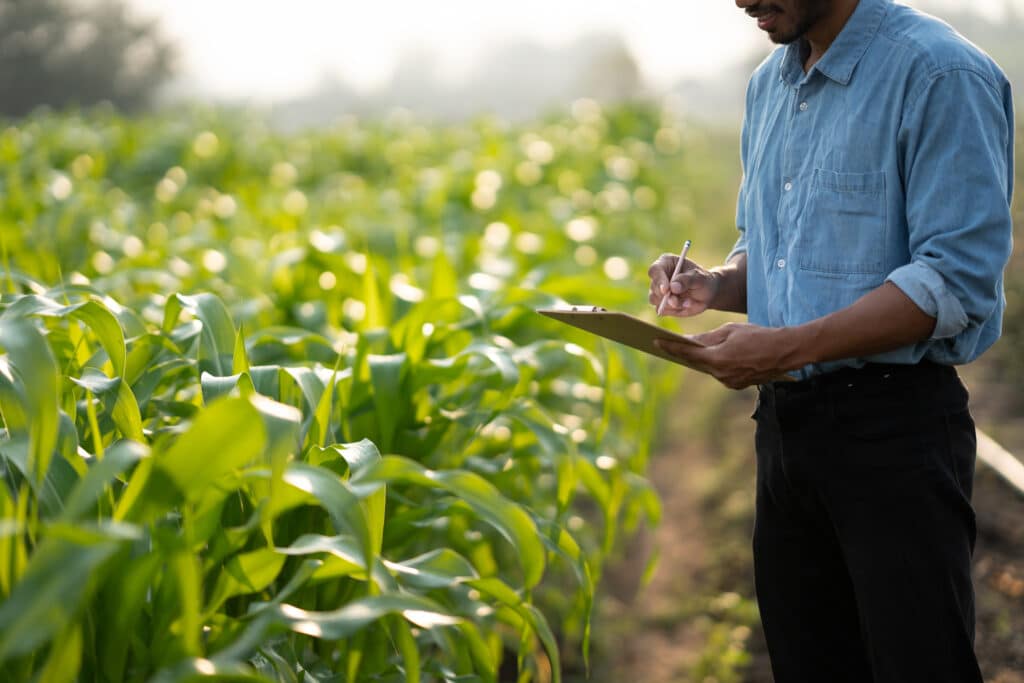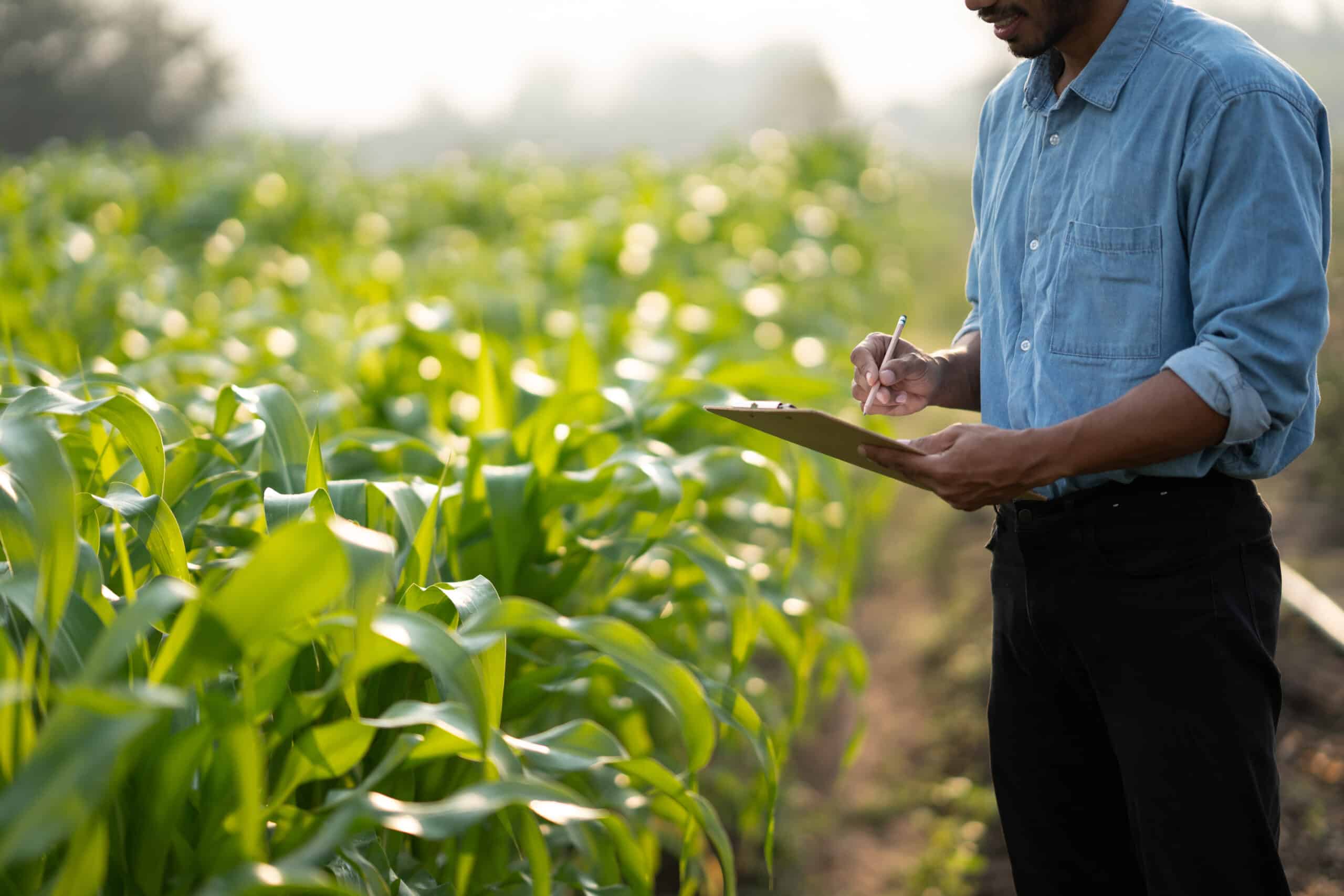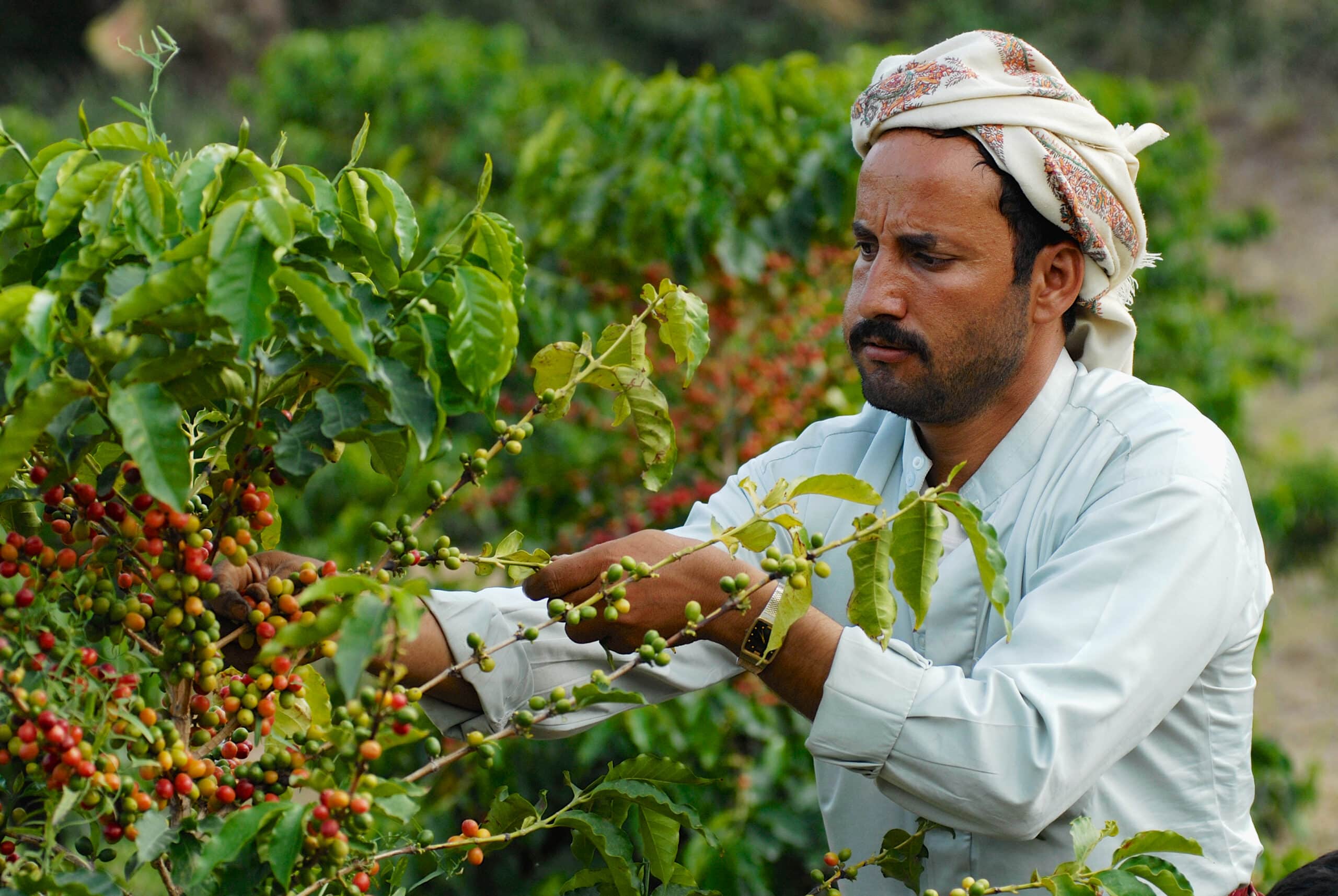The Horn of Africa, comprising Somalia and parts of Kenya and Ethiopia, is grappling with a severe drought and what UN agencies have described as a “weather phenomenon unseen for at least 40 years.” A succession of “four rainy seasons with low rainfall” has led to critical food security issues in the region, which is already affected by conflict, and recovering from the devastating locust infestation of 2019.
The food supply chain has also been impacted by the Russia-Ukraine war. As a result, there is an increasing need for food safety expertise in Africa.
Assessing the impact of the drought
More than 900,000 people in Somalia, one of the worst-affected countries, have moved to internally displaced person camps since January 2021 due to the drought and lack of livelihood support. The need to assess the impact of the drought and identify the areas at the highest risk of famine is acute. Eight areas may face famine by September 2022 if there is a widespread failure in crop and livestock production, a continued rise in key commodity prices, and inadequate delivery of humanitarian aid to those who are most vulnerable.
Emergency Aid and long-term solutions
Short-term emergency aid will be essential, but long-term solutions are also needed to address the root causes of recurrent crises and increase community resilience. More than 11.6 million people cannot access enough safe water for drinking, cooking, and cleaning. Many water sources have dried up or have become unsafe, heightening the risk of water-borne diseases, and increasing the risk of infections. Existing water deficits could be made worse by the heat, which is forecast to continue until September 2022.
Building resilience and ensuring food safety and security
The FAO‘s Rapid Response and Mitigation Plan focus on supporting local food production by providing inputs for improved agriculture and livestock. But pastoral communities have been hit particularly hard; livestock are dying inland due to a lack of water, and many small farmers cannot survive without their livestock. Drought has already led to the death of 3.6 million heads of livestock in Kenya and Ethiopia, in areas where livestock farming is the main source of income for local populations.
Consequently, many children are now not getting the milk they need. Across the three countries, malnutrition rates are rising: more than 7.1 million children are acutely malnourished, including about 2 million who are severely acutely malnourished, according to UNICEF.
Crisis management, strategy and planning
The FAO emphasizes that a comprehensive strategy is needed to address the crisis, as current levels of funding are inadequate given the scale of the problem. According to the OHCA, lives will be lost without immediate funding. They estimate that $1.8 billion will be required, with $685.9 million received as of July 2022.
Somalia urgently requires $131.4 million to assist 882,000 people across 55 districts with immediate lifesaving and livelihood support. These famine prevention efforts in Somalia are only 46% funded and are part of the FAO’s wider Horn of Africa Drought Response Plan, which also covers Kenya, Ethiopia, and Djibouti. Funding levels remain low across sectors, with the 2022 Somalia Humanitarian Response Plan is funded to just 43% as of 4 August 2022. According to Rein Paulsen, Director of FAO’s Office of Emergencies and Resilience:
We know from experience that supporting agriculture at moments like this is hugely impactful – that when we act fast and at the right moment to get water, seeds, animal feed, veterinary care, and much-needed cash to at-risk rural families, then hunger catastrophes can be averted.
Capacity building and training for local communities
In addition to providing emergency humanitarian assistance, long-term measures are needed to build resilience and ensure food security in the face of extreme weather events. Capacity building & training for local communities will be pivotal. Implementing agricultural and rural development programs that empower locals to manage their resources and increase the supply and quality of their agricultural outputs could see farmers’ yields increase significantly and potentially save lives.
Policy and regulation
Government and multilateral agencies will play a crucial role in addressing food security issues. Effective policy & regulation can foster long-term solutions to many of the food security and safety issues in the Horn of Africa. While some great work has been done to develop and implement effective strategies to address both the immediate and long-term challenges faced by the region, it is likely that more regulation in food security by African governments and multilateral agencies will be needed to help ensure that Africans have safe food.
Improving food security in the global south
Despite its growing potential and consistent growth, East African agriculture is increasingly falling victim to adverse weather events and environmental disruptions that have a devastating impact on crops and livestock production.
With a dedicated office in Nairobi, Kenya, Farrelly Mitchell have a longstanding relationship with East African agriculture and a commitment to building resiliency and sustainability in the region. Our food security experts work diligently to develop tools and strategies that improve productivity and efficiency and help smallholders and rural communities in the region develop resiliency. We work with government agencies, NGOs, multilaterals and more to design programs, implement new enabling policies, monitor impacts, and build capacity. To empower East African agriculture and build a solid foundation for the next generation of farmers, reach out to our team today.














